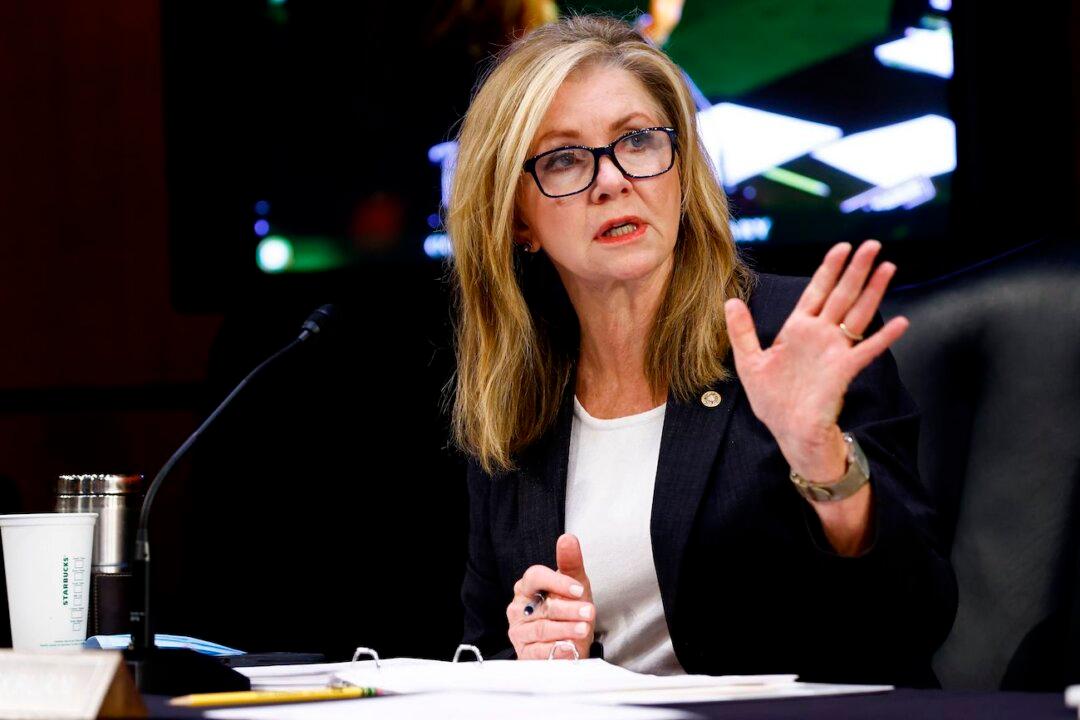News Analysis
Canada’s Trade Minister Mary Ng made a diplomatic push in Washington last week, meeting with U.S. senators ahead of their vote on a piece of legislation that is dividing Americans and could considerably impact Canada’s auto sector.

Canada’s Trade Minister Mary Ng made a diplomatic push in Washington last week, meeting with U.S. senators ahead of their vote on a piece of legislation that is dividing Americans and could considerably impact Canada’s auto sector.